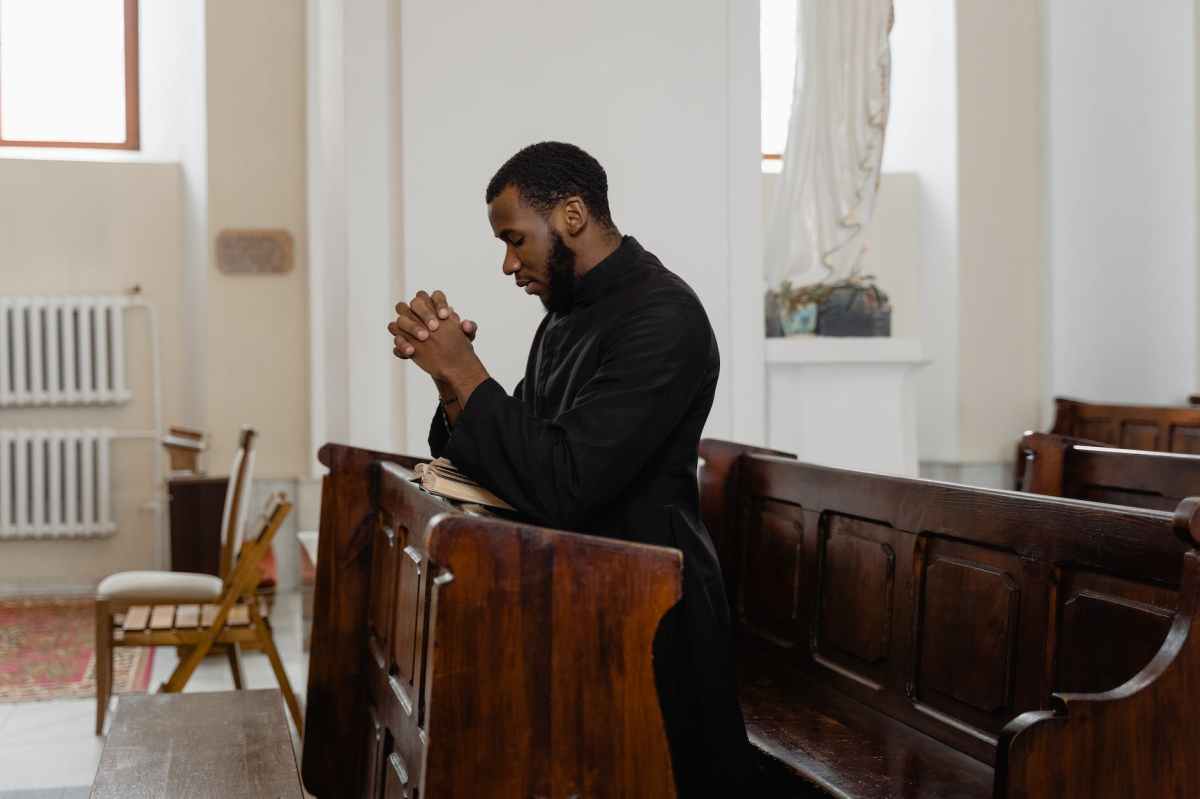It is true that anyone who genuinely encounters the Lord Jesus Christ doesn’t leave His presence the same way they came. A divine encounter with Jesus brings total transformation. It doesn’t matter how long one spends with the Lord Jesus. The shortest encounter is more than enough to turn the lives of people around. Saul’s divine encounter with Jesus brought a total change in mission and vision. The once upon a time church persecutor became the church advocate. The same Jesus Saul preached against became the same Jesus Saul risked his life to preach about. In Damascus, Saul boldly defended the faith and when there was a plot to kill him, the disciples managed to help Saul escape to Jerusalem. Jerusalem was where all the drama started. Saul’s ministry as a persecutor of the church began in Jerusalem. Let’s consider how Saul’s return was received In Jerusalem.
But Barnabas took him and brought him to the apostles. He told them how Saul on his journey had seen the Lord and that the Lord had spoken to him, and how in Damascus he had preached fearlessly in the name of Jesus. (Acts 9:27)
From Damascus, faithful disciples lowered Saul in a basket and Saul made his way to Jerusalem. His arrival in Jerusalem might have caused fear and tension. According to Acts 9:26, “When he came to Jerusalem, he tried to join the disciples, but they were all afraid of him, not believing that he really was a disciple.” The disciples remembered Saul for his role in scattering the believers abroad. They were reminded of how Saul consented to the killing of Stephen. They were reminded of how Saul had gone for letters from the High Priest to go to the synagogues in Damascus and arrest the followers of Jesus. The disciples’ fear was heightened and they could not believe that the same Jesus could in a short while transform the person persecuting His church and make him a part of the church. This is true for many of us. We love the Lord so much and we pray daily for the transformation of our society and the people we know. However, when we see signs of change, we immediately brush it off and make assumptions. Instead of helping people out of their delusions, we push them farther in claiming that they have not genuinely changed.
I believe the disciples were earnestly praying for God to touch Saul, yet when Saul was transformed, the same disciples still considered him a church persecutor. Saul’s divine encounter with Jesus opened the door for the ministry to the Gentiles, yet the church was too afraid to see it. Then, one person in the church accepted Saul and even presented Saul before the apostles. In Acts 9:27, we are informed that Barnabas took Saul and brought him to the apostles. Barnabas told the apostles how Saul on his journey had seen the Lord and that the Lord had spoken to him, and how in Damascus he had preached fearlessly in the name of Jesus. It was after Barnabas’ defense that Saul was accepted into the church. Remember, at this point, Saul was obnoxious to the High Priest and the religious leaders. He would have been considered a traitor. When the apostles accepted Saul, he stayed with them and moved about freely in Jerusalem, speaking boldly in the name of the Lord (Acts 9:28).
Even though Saul had a divine encounter with Jesus, He needed a Barnabas to hold his hands and present him before the apostles as a faithful servant of the Lord. We all need Barnabases who are ready and willing to restore the broken, the weak, the sinner, the downtrodden and the socially unacceptable people back to the Lord. Pray for the grace to be a Barnabas who will usher Apostle Saul (later becoming Paul) into the church. Saul later became more popular and moved to more cities and territories. He wrote the greater proportion of the New Testament. He was fearless, he stood before kings, rulers, nobles and different authorities to boldly defend the Christian faith. Through Saul, the Jesus movement moved beyond Jerusalem to Samaria, Judea and now to the ends of the earth. There are many who still have not heard. Be an agent of change and transformation. Let your encounter with Jesus be the reason an unreached people group will hear the gospel.




